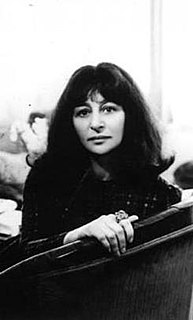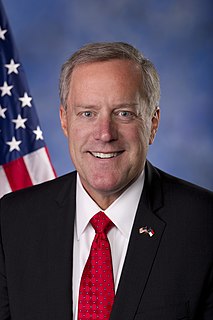A Quote by Angela Carter
It may be the first in what I trust will be a rapidly growing and influential genre--the novel designed on purpose to be excludedfrom the Booker short-list.
Related Quotes
As one of a handful of religion professors in the U.S. who study, write, and teach about conservative Christianity and politics, I am all too aware of the real meaning of the list and of its purpose. Promoted by Turning Point USA, the list is not simply designed to expose professors who discriminate; it is designed to silence and smear.
And having thoughtlessly polluted our streams and rivers, we have seen in recent years a rapidly growing market for bottled drinking water. I am sure that some will say that a rapidly growing market for water is "good for the economy," and most of us are still affluent enough to pay the cost. Nevertheless, it is a considerable cost that we are now paying for drinkable water, which we once had in plentiful supply at little cost or none at all. And the increasing of the cost suggests that the time may come when the cost will be unaffordable.
In a few hundred years, when the history of our time will be written from a long-term perspective, it is likely that the most important event historians will see is not technology, not the Internet, not e-commerce. It is an unprecedented change in the human condition. For the first time - literally - substantial and rapidly growing numbers of people have choices. For the first time, they will have to manage themselves. And society is totally unprepared for it.
A fiction which is designed to inculcate an object wholly alien to the imagination sins against the first law of art; and if a writer of fiction narrow his scope to particulars so positive as polemical controversy in matters ecclesiastical, political or moral, his work may or may not be an able treatise, but it must be a very poor novel.
One easy mistake to make with the first novel is to expand the short story. Some things are better as a story; you cannot dilute things into a novel. I think the first hundred pages of a novel are very important. That's where you set things up: the world, the characters. Once you've set that up, it'll be much easier.







































